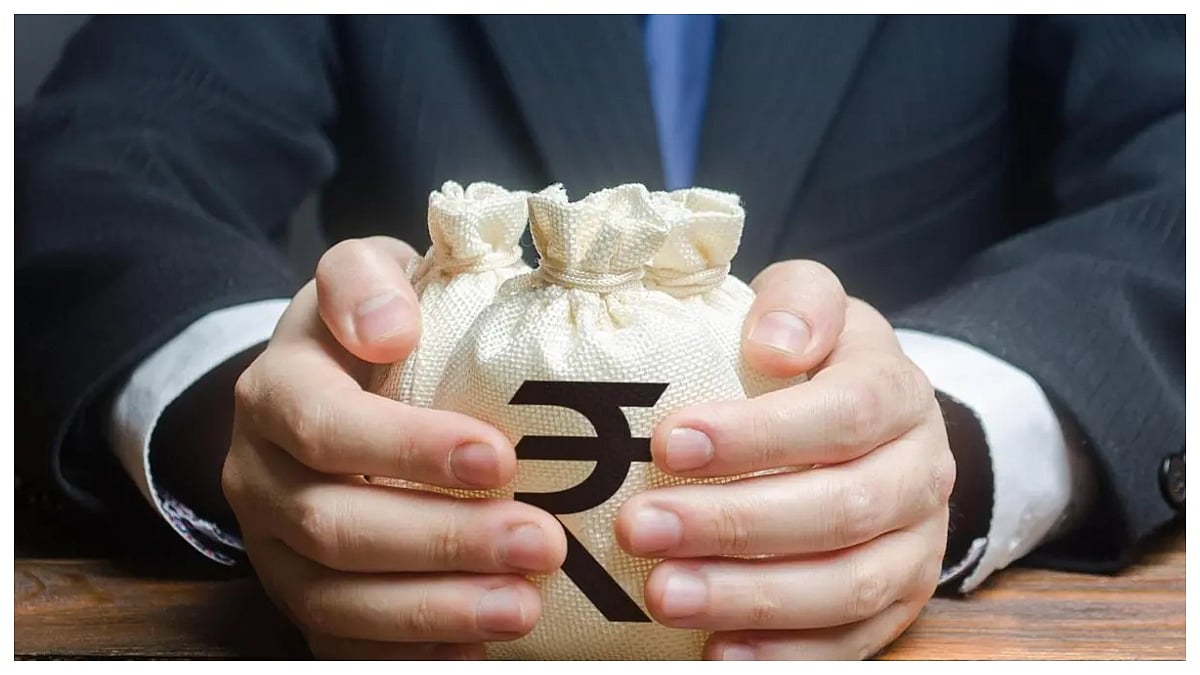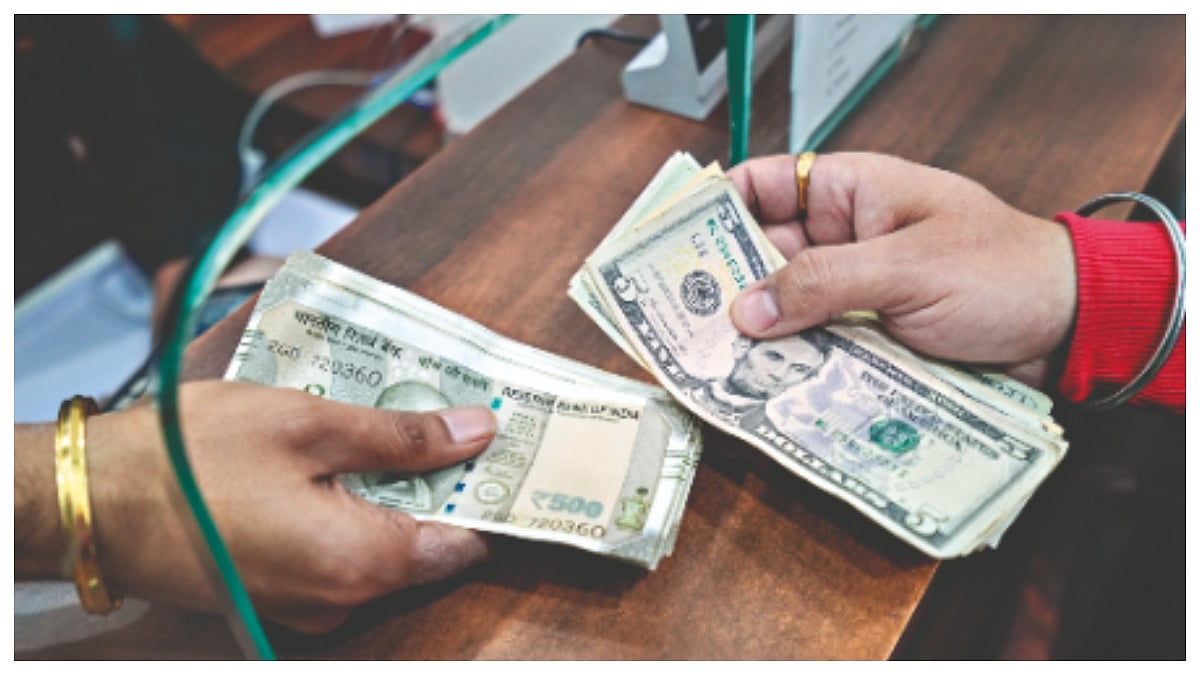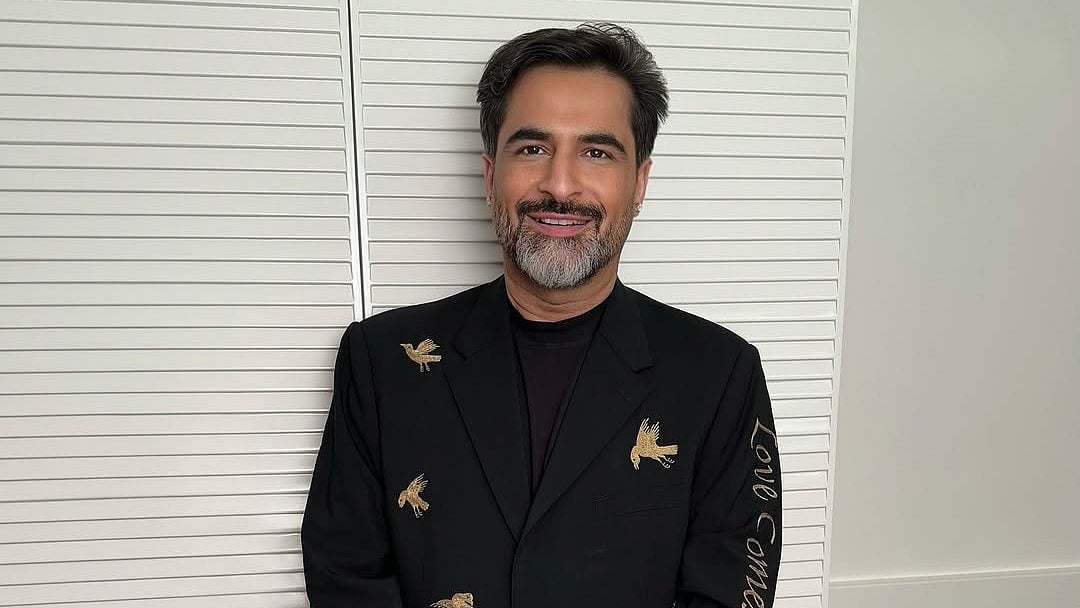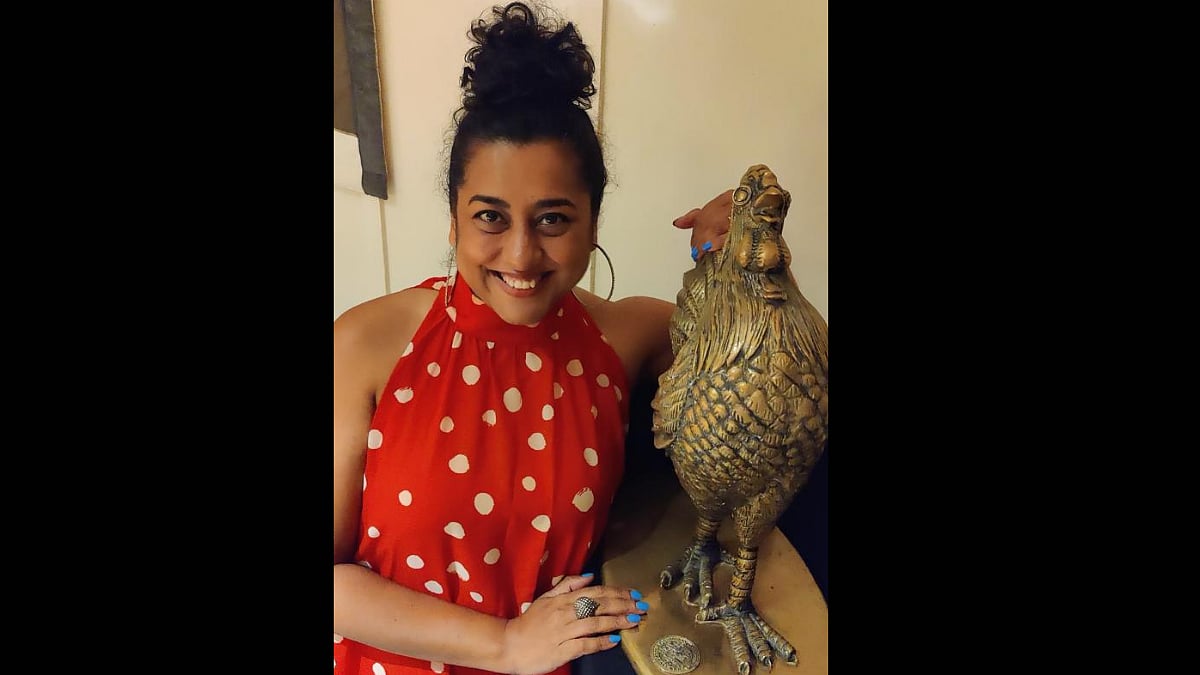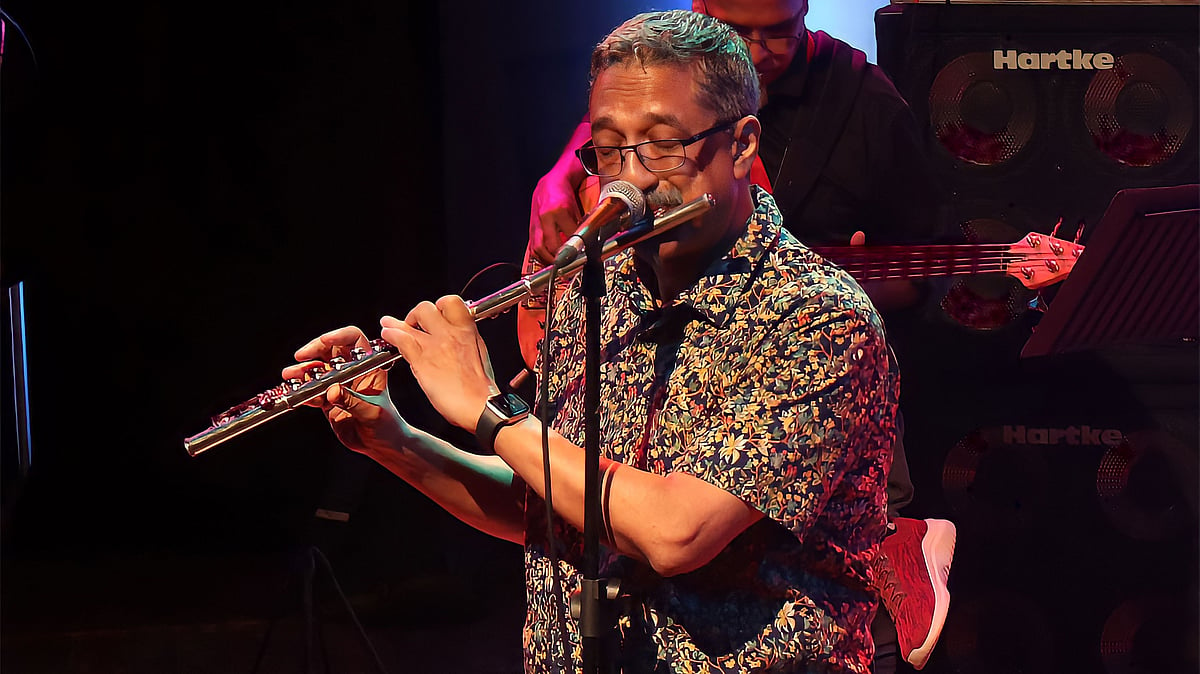Weeks after completing their vaccinations, a gang of friends backpacked to travel. Armed with protection and following COVID precautions, travelling after almost two years was a much-needed break for them.
Many are joining the travel bandwagon as COVID restrictions have eased. Even hotels insist on vaccinated guests. The country has seen a surge in domestic tourism as people are choosing destinations in India.
Rajeev Kale, president and country head, Holidays, MICE, Visa – Thomas Cook (India) Limited, said, “Indians were unable to travel for over 18 months due to the pandemic. Hence, a strong pent-up demand combined with positive announcements on reopening of international borders and vaccine acceptance has led to a surge in travel – posting a jump of 580 per cent in July albeit, on a smaller base. Our data reflects a strong increase of over 150 per cent month-on-month in bookings.”
Anushila Bharali, Founder, Nexplore Travels, says that domestic tourism was booming in the last few months of 2020, but was hit by the second wave of Covid in April. “However, in the last few weeks, the situation has improved a bit. Slowly and gradually, the industry is starting to gain traction once again,” she says. Nexplore Travels is a part of Project Her&Now, which empowers women entrepreneurs, implemented by GIZ, on behalf of BMZ, Germany and in partnership with the MSDE, Govt of India.
Changing preferences
The demand for travel is not limited to metro cities. Travellers from mini-metros like Pune and tier II-III cities such as Jaipur, Lucknow, Indore, Madurai, Kochi, Nagpur and Aurangabad are travelling to their preferred destinations in the country.
Andamans, Goa, Himachal Pradesh, Kashmir, Leh-Ladakh, Rajasthan, Uttarakhand and other locations, has become tourist hotspots. “The upside of the pandemic is that India has clearly come into the limelight and we are seeing brisk business — back to pre-pandemic levels — being led by destinations like Leh-Ladakh, Kashmir, Kerala, Rajasthan, Himachal, Uttarakhand, Andamans and Goa,” Kale added.

Bharali’s start-up Nexplore Travels, which is part of the Project Her&Now — Empowering Women Entrepreneurs, helps tourists to explore North Eastern Region (NER).
While most states in NER are starting to welcome tourists, there is uncertainty. After the first lockdown, domestic tourism was dominated by concepts such as workcations, staycations, drivecations and so on. But now people are going on longer vacations which may require taking a flight to reach a destination or even a few days, compared to taking a vacation that was just a drive away (after the first lockdown).
Favourite hotspot
Indians, who cannot travel overseas now, are exploring unpopular travel destinations in India.
Daniel D’souza, president and country head, SOTC Travel, said, “India has emerged as a favourite holiday destination among Indians. They are eager to explore the beauty of the country and discover the diverse travel experiences our own country has to offer. They are eager to explore the local cuisine, offbeat experiences, wellness experiences, culturally-immersive activities and outdoor activities.”

As the festive season started with Ganeshotsav, many families have travel on the cards this year. D’souza says, “Reunion travel is on the rise too and multi-generational families prefer private tours. Demand for personalised holidays will continue post-pandemic as well. Off-beat holidays like bike trips are gaining popularity among millennials. The demand for domestic cruises is on the rise too.”
On way to recovery
While domestic tourism has been helping hotels and resorts in remote locations, it is supporting 20 percent of the overall hotels in the country, says Pradeep Shetty, senior vice-president, HRAWI.
“Domestic tourism may do good for remote locations for the rest of the year as well. For city-based hotels and city locations, the demand is pretty low as there is no business travel, and domestic tourism is not helping them,” says Shetty.
The Indian government is mulling opening doors for foreign tourists with attractive visa policies and other incentives. However, any further delay will hurt the tourism sector, says Bharali. “In fact, if inbound tourism does not resume soon, it might have an adverse effect on the domestic tourism segment as well,” she warned.

Respect local traditions
The pandemic has brought about a change in the mentality of travellers. Bharali said, “We believe that travellers are more responsible now.”
She added, “Responsible tourism is a must to grow and sustain tourism in the North East in the long run. We always respect our local traditions and consume considerably without negatively impacting the environment.” She hopes tourists continue to respect the tradition.
Sustainable tourism too has garnered interest among travellers, especially with millennials. “People are more conscious about their travel etiquettes and there has been a change in customer behaviours. Responsible tourism is on the rise. Corporates too are preferring eco-friendly options. Millennials are keen to look at holidays that support local industries and players,” says D’souza.
Tourists are also keen to walk to protect beaches, heritage sites, national parks, flora and fauna. D’souza said the youth are more aware about environmental issues.
More incentives needed
According to India Brand Equity Foundation (IBEF), the tourism sector in India accounted for 39 million jobs, which was 8 percent of the total employment in the country in FY20. The government support is critical for the sector at this juncture.
D’souza said, “In the current situation, the government must take crucial steps to revive the tourism industry. We hope for proactive reforms, flattening the GST structure, supportive policies and rationalisation of taxes for the tourism sector that will help boost the business.”
Shetty believes an impetus to domestic tourism will revive the sector much faster. He says, “More incentives for domestic tourism will encourage more people to travel in the country and boost the country’s tourism sector. The ministry is also working on a proposal to promote domestic tourism. We are waiting for it.”
The tourism sector in India also needs upgradation in infrastructure and focus on a more sustainable tourism economy among others.
Dr Suhas Awchat, founder, Sole Proprietor of Goa Portuguesa, said, “While some states are friendly towards tourists, there are some states that need to improve on that parameter.”



